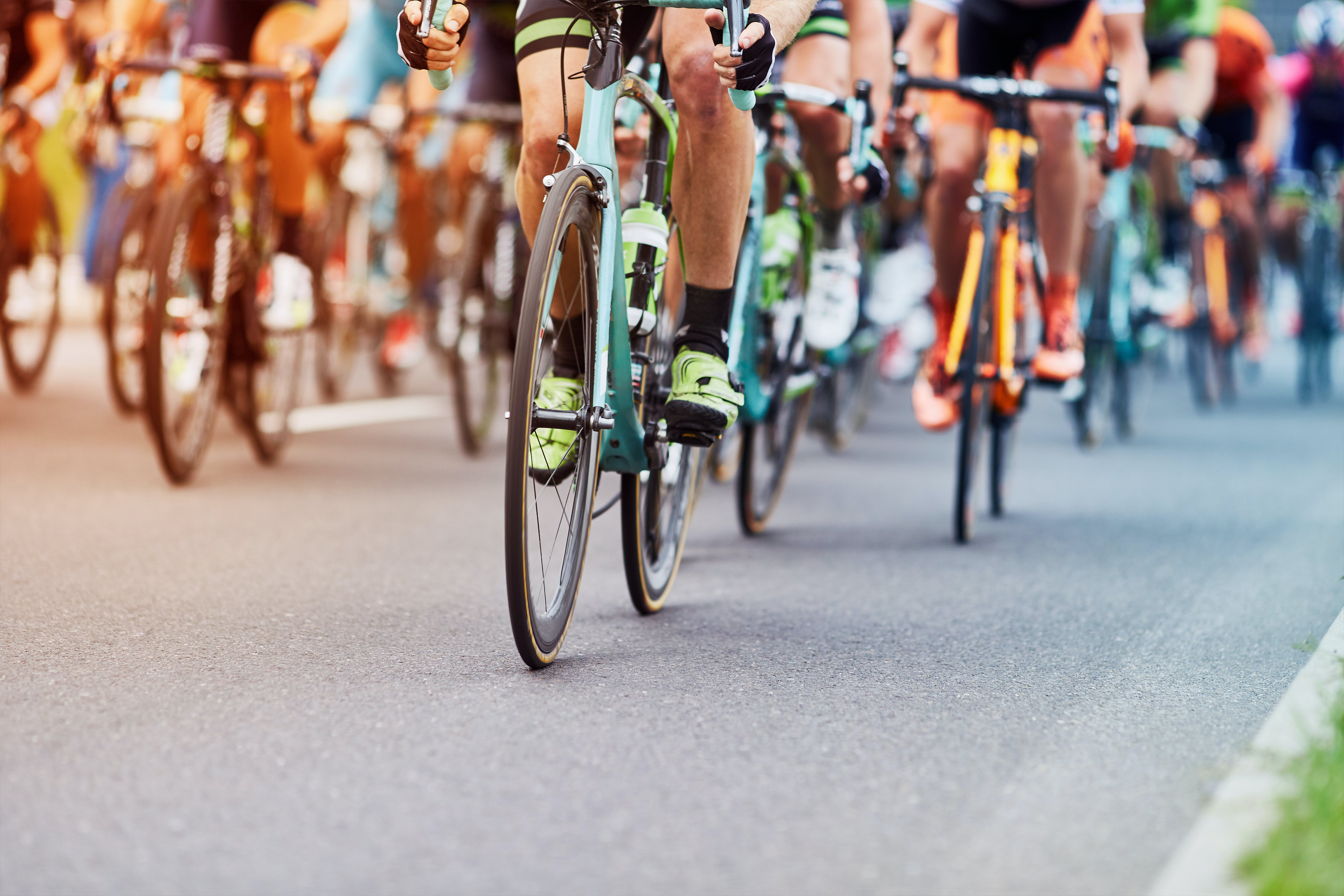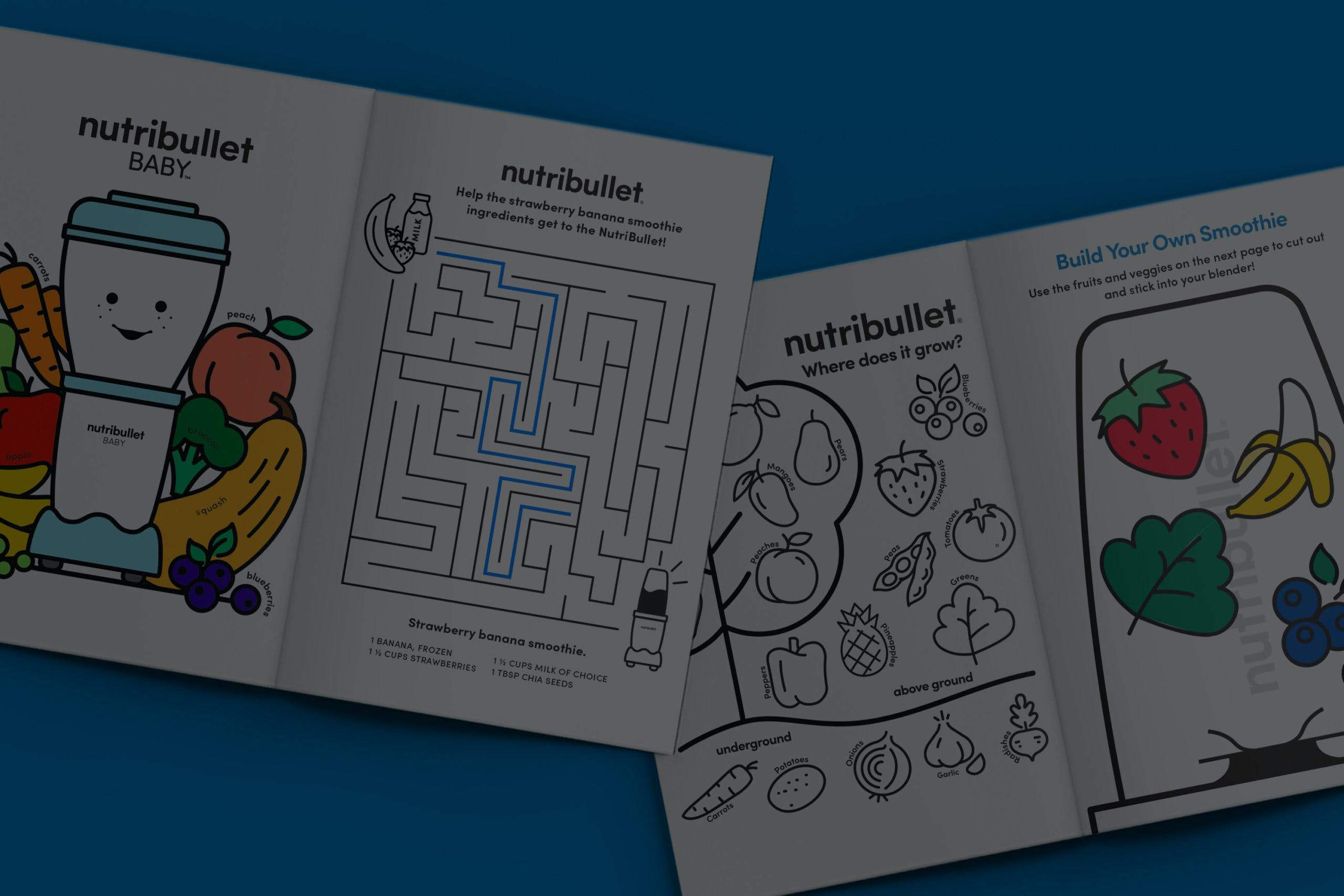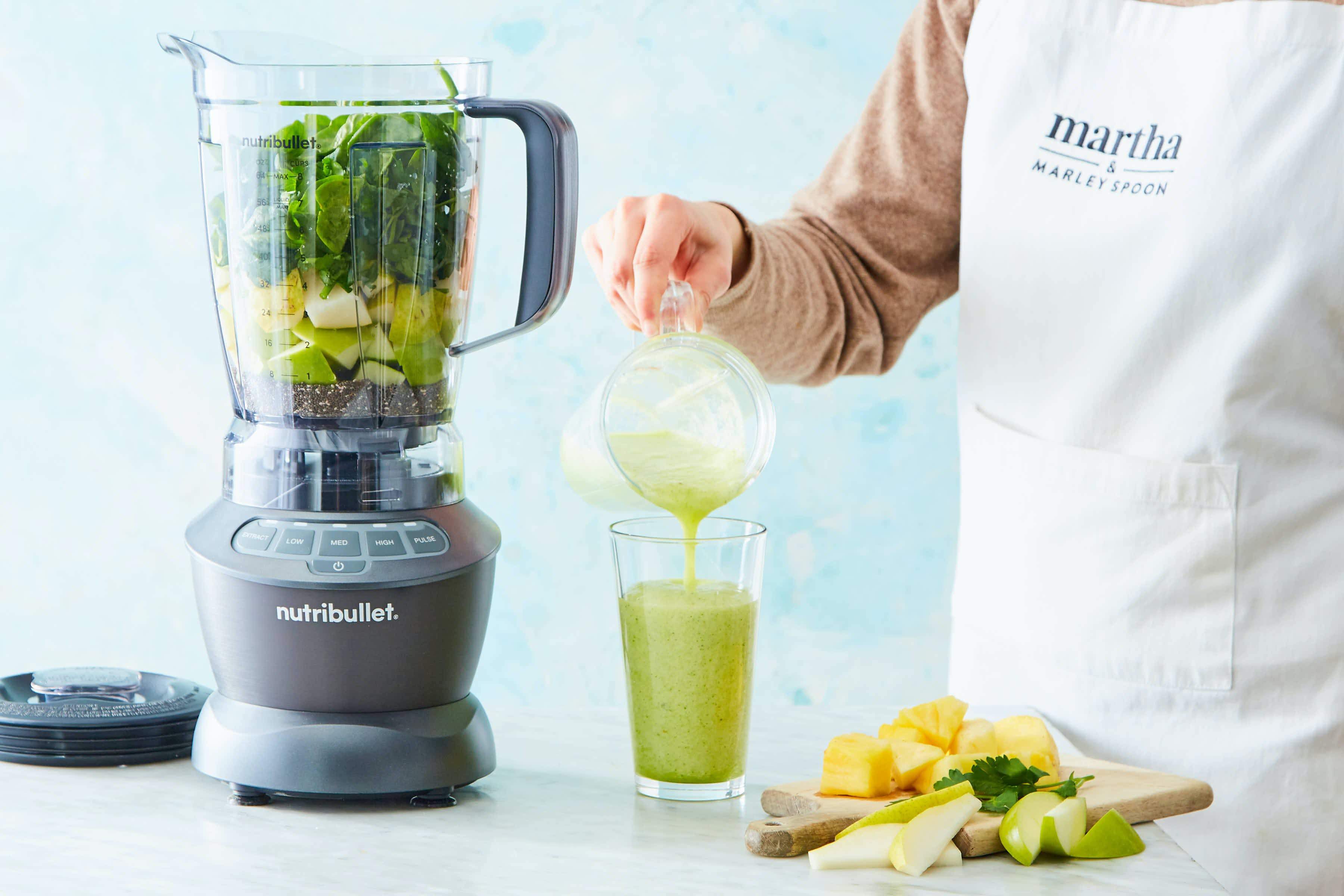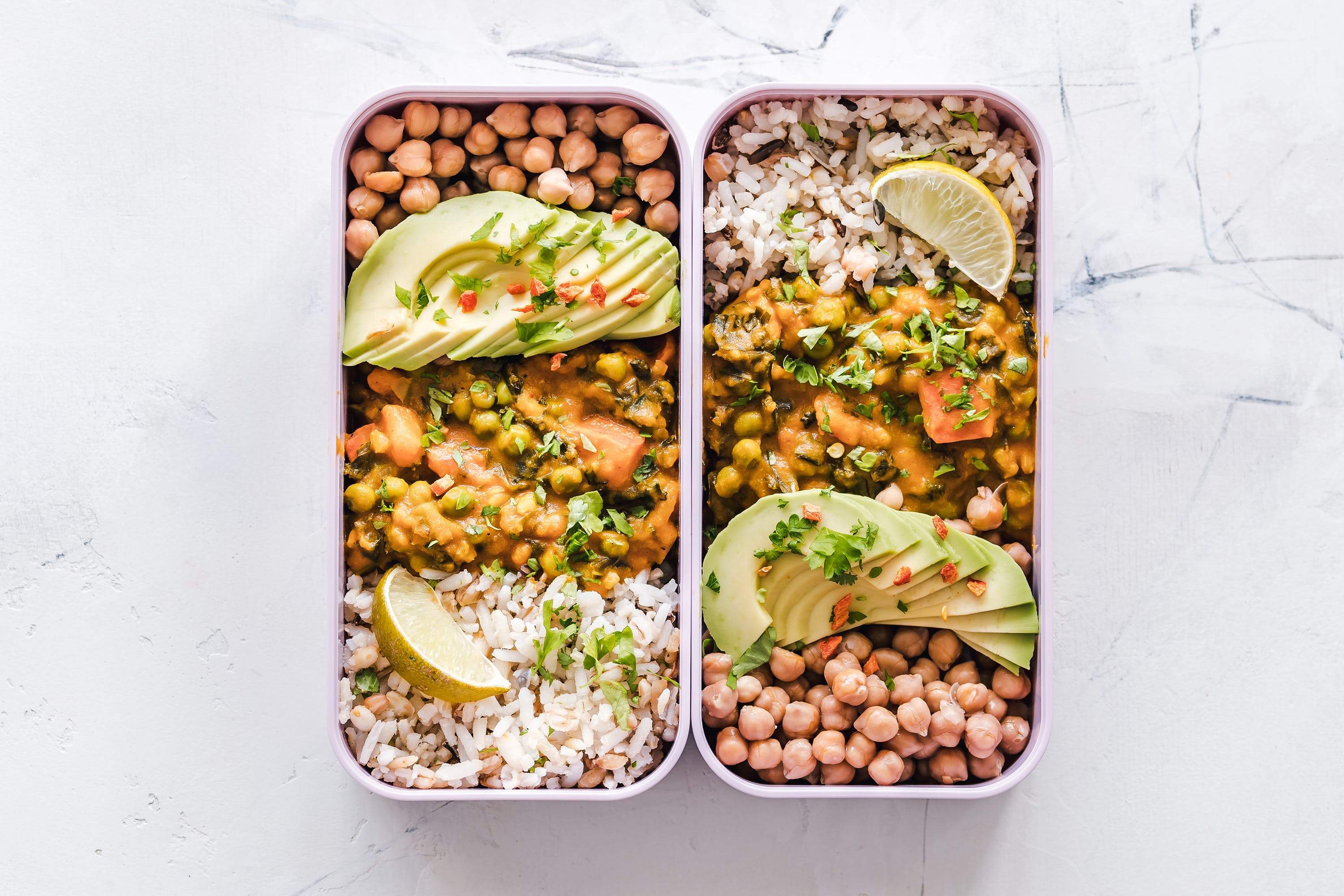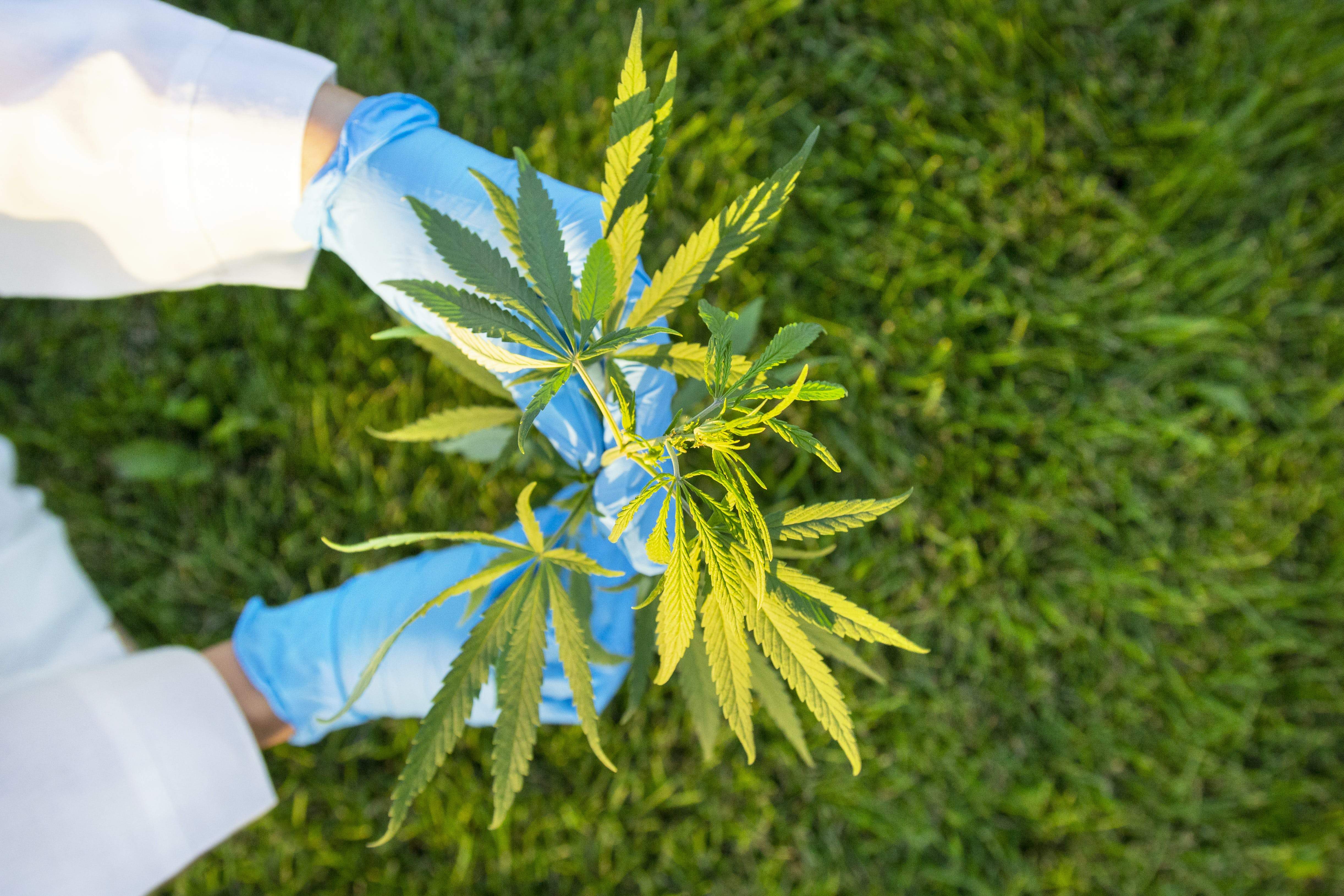Today’s blog post looks into nutrition and fuel for plant-based athletes through an interview with dietitian and athlete Matt Ruscigno.
Matthew Ruscigno, MPH, RD, is a leading expert in plant-based nutrition with degrees from Penn State University and Loma Linda University. A vegan for over 23 years, Matt has given presentations all over the world. Most recently, he co-authored Plant-Based Sports Nutrition (Human Kinetics, 2019) with Enette Larson Meyer, Ph.D., RD. A recreational athlete himself, Matt has completed numerous marathons, ultra races, and triathlons, including the Norseman, considered the world’s hardest Ironman, and the Furnace Creek 508, a 500-mile non-stop bike race through Death Valley.
Get plant-based nutrition tips and a tasty recipe straight from nutrition expert, Matt Ruscigno!
What are some races you’ve done or helped athletes succeed in?
I love cycling and all things bikes – so I have competed or helped athletes in nearly every discipline, from track racing in a velodrome to ultra-cycling races like the Furnace Creek 508 and Race Across America. Trail racing is also something many of my clients are interested in and with reason! It’s super fun to be out in nature traversing across mountain ranges.
You’ve helped athletes fuel for endurance races to perform their best – what are some of the surprising things you have learned working with these athletes?
One of the biggest surprises with plant-based athletes, or at least those new to it, is that the biggest issue is that they need to eat more food! Most plant foods are high in volume and lower in calories, which is great for weight loss but a challenge for those who need more calories to fuel their endeavors. For a number of athletes, they find this way of eating through the numerous benefits of long-term health and reduced risk for chronic disease later in life. But athletes often need more calories and energy, so they have to add calorically-dense foods like nuts, seeds, and avocados, for example, to meet their needs.
What are some key differences fueling for endurance races and recreational sports?
My professional take is that most athletes don’t require special foods as they have similar nutrient and energy needs as others do. For example, iron is a nutrient athletes need to think more about, but so do most people, as iron is the most common deficiency in the world. Everyone needs to focus on eating healthy – and because athletes need more calories, they are in a position where they have more opportunities to meet those needs! So recreational athletes’ needs are similar! But I will add that we often overestimate the calories we burn and under-estimate the calories we eat. Those who exercise regularly but aren’t training for an event do need to keep that in consideration.
What are some of the key takeaways athletes get from you when training? What surprises them the most? What is the most challenging?
The biggest surprise or confusion among my athletes is the concept of ‘discretionary calories’! When needs are high, it’s easier to eat ten or so servings of fruits or vegetables, but that doesn’t mean you have to eat only whole plant foods. Adding some cashew ice cream or nut-based sauce is not only possible, but it can also be beneficial!
What role does plant-based nutrition play in fuel, recovering from high-intensity training and activity?
The research, unfortunately, is a bit limited, but the number one thing I hear from plant-based athletes is their improved recovery time. The mechanism is there as plant foods, like fruits and vegetables, are super high in antioxidants, which theoretically repair cells. So it makes sense that athletes who start eating more plant foods experience a reduction in recovery time. That’s a huge benefit because the faster you recover, the sooner you can work out again.
Tell us about a time when an athlete changing their diet made a huge difference in their performance?
I had a runner making the jump from the marathon distance to ultras, and he was often exhausted from his long training runs. When I analyzed his diet and exercise log, I realized he was not disciplined about the recovery window, the 45 minutes or so post-workout that are ideal for replacing glycogen stores. I worked with him to develop post-run meals and snacks to aid his recovery, and it was night and day for him. He had more energy, which was a huge motivating-kick that propelled him to success in the 50-mile distance! That excitement is what I love about what I do.
Share with us one of your go-to recipes, smoothies, snack, or a way to quickly fuel or recover.
Perfect Peanut Sauce
This recipe is ‘lazy fancy’ and so much better than anything you’d buy in a bottle. And WAY cheaper. Peanuts are magical legumes that have an unbelievable number of uses.
Ingredients
- 1/2 cup peanut butter
- 1/2 cup veggie broth (or water)
- 1-2 tablespoons soy sauce
- 1 teaspoon rice vinegar (or other mild vinegar)
- 1 tablespoon sweetener (agave, maple syrup, unrefined sugar, etc.)
- 2-4 cloves garlic
- ¾-1” piece of fresh ginger (or ½ tablespoon powder)
- Sriracha hot sauce to taste
This is the first time I’ve written down this recipe because I normally don’t even measure the ingredients. It’s very variable. You can adjust the garlic (remember, it’s raw and very strong), the spiciness, the sweetness, the thickness. It’s super fun to make. And the directions are easy:
Directions
- Put all ingredients in a blender.
- Blend.
- Serve over sautéed vegetables (my favorites are broccoli and red bell peppers) and tofu with rice or noodles.
It saves well in the fridge, so I make a huge amount and eat it for a few days. I’ll even dip raw vegetables into it while it’s cold! Yum!
Nutritional information
Recipe: Creamy Green Strawberry Dream Serving in this recipe:1
- Calories: 236.6
- Total Fat: 3.6 g 5.5%
- Saturated Fat: 0.4 g 1.9%
- Cholesterol: 0 mg 0%
- Sodium: 358.7 mg 14.9%
- Total Carbs: 45.7 g 15.2%
- Dietary Fiber: 9.9 g 39.4%
- Sugar: 22.1 g
- Protein: 8.1 g 16.2%
- Vitamin A: 481.9% Vitamin C: 244.1%
- Calcium: 68.5% Iron: 26.1%
* Percent Daily Values are based on a 2,000 calorie diet. Your daily values may be higher or lower depending on your calorie needs.

